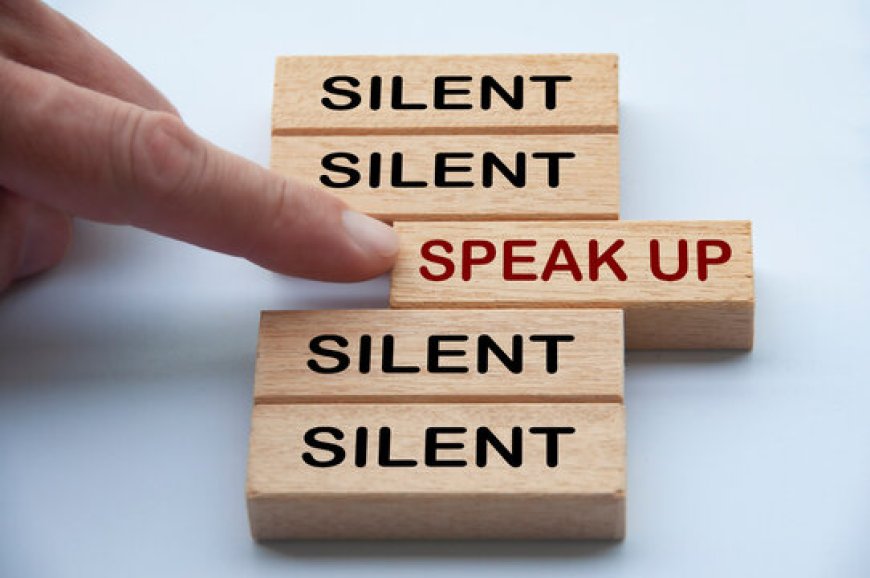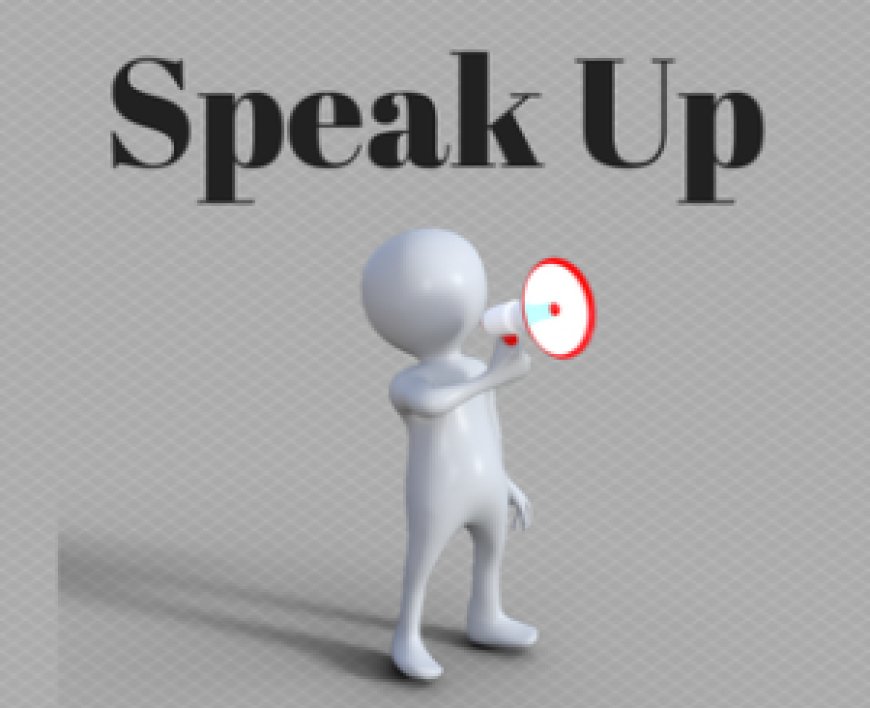Speaking Your Mind: The Power of Authenticity
In a world that often prioritizes conformity over individuality, the act of speaking your mind can feel like an act of rebellion. Yet, the importance of expressing one's thoughts and feelings cannot be overstated. When we allow ourselves to speak freely, we not only honour our own beliefs and emotions but also pave the way for deeper connections, personal growth, and societal change.

In a world that often prioritizes conformity over individuality, the act of speaking your mind can feel like an act of rebellion. Yet, the importance of expressing one's thoughts and feelings cannot be overstated. When we allow ourselves to speak freely, we not only honour our own beliefs and emotions but also pave the way for deeper connections, personal growth, and societal change.
The Struggle for Authenticity
How many times have you held back your thoughts during a discussion, choosing instead to nod politely along with the crowd? Many of us are conditioned to stay silent, fearing judgment, rejection, or, worse, confrontation. This instinct to blend in often stems from a deep-rooted desire to be liked and accepted, but it can come at the cost of our true selves. When we suppress our opinions or emotions, we not only deny ourselves the opportunity to participate fully in meaningful conversations, but we also contribute to a culture that prizes silence over authenticity.
Consider a relatable scenario: you’re at a gathering with friends, and a controversial topic arises. Everyone has something to say, but you hesitate. You fear that voicing your thoughts could lead to tension or alienation. Instead, you quietly sip your drink and nod in agreement, believing that silence is the safer option. However, later that evening, feelings of frustration and regret bubble to the surface. You could have contributed a unique perspective, but instead, you allowed fear to triumph over authenticity.
The Ripple Effect of Speaking Up
When you bravely articulate your thoughts, you cast aside the fear of judgment and create an environment where others feel safe to do the same. Speaking your mind can spark essential conversations, encourage others to share their own experiences, and foster a sense of community. Imagine a workplace where employees feel empowered to voice their opinions openly. This dynamic can lead to innovative ideas, better problem-solving, and a vibrant culture of collaboration.
Moreover, sharing your perspective can have a profound impact on those around you. Your words could resonate with someone who has been struggling silently with their thoughts. Perhaps they've faced similar challenges or have felt marginalized in discussions. By speaking up, you not only validate their feelings but also inspire them to find their voice. This mutual exchange transforms conversations into powerful catalysts for change—both personally and within broader societal contexts.

Courage in Vulnerability
It’s essential to recognize that speaking your mind often requires vulnerability. To express authentic thoughts entails risking the possibility of criticism or misunderstanding. This is where the true power of sharing our voices lies. Vulnerability is the birthplace of creativity, connection, and courage. By embracing this discomfort, we not only grow as individuals but also foster empathy and understanding in our communities.
Think about those moments in your life when you took the leap and shared your heart—whether it was confessing your feelings to a friend or addressing an issue that had been bothering you in your workplace. Those instances of courage often lead to profound shifts—not just in your own perception of yourself but often in others who witness your bravery. It opens doors for dialogue, healing, and growth.
The Role of Listening
Equally crucial to speaking your mind is the act of listening. Authentic communication is a two-way street. When we allow ourselves to be heard, we must also be open to hearing others. This reciprocal exchange cultivates an atmosphere of respect and understanding. In essence, speaking your mind is not merely about asserting your beliefs; it's about contributing to a broader conversation that values diverse perspectives and experiences.
What's Your Reaction?







































































































